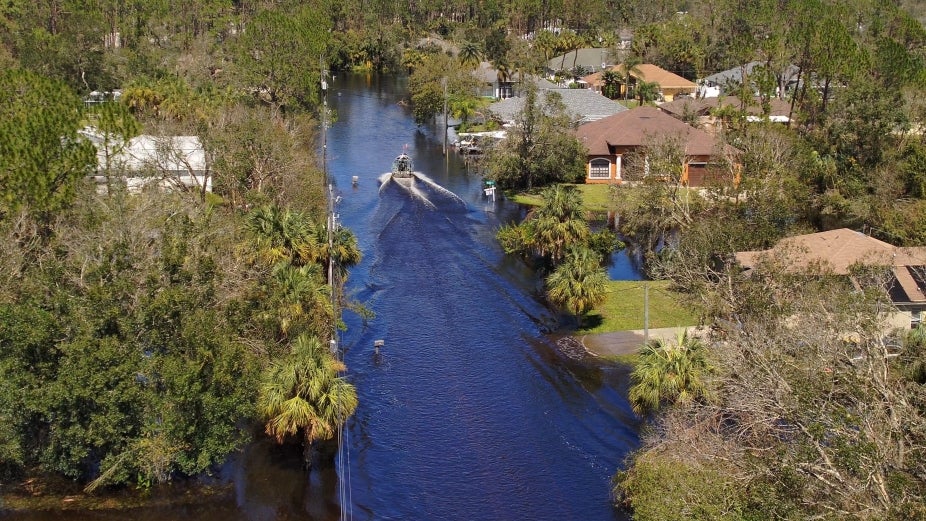How ensemble prediction systems can tell us what we know (and don’t know) about the future

Florida Fish and Wildlife
5:30 – 7:00 pm MDT
Will there be ice on the roads tomorrow morning? In early June the answer is easy, but there are many days throughout the year when the answer is “It’s impossible to say for sure.” Knowing tomorrow’s weather helps us plan our day better, decide which car to use for our commute and what clothes to wear; but how much can we trust the forecast? If we knew the degree of certainty in the forecast; how satisfied would we be at 5pm with our 7 am choices?
Ensemble prediction systems produce multiple forecasts that allow for a higher degree of certainty in our predictions and improve forecasts of many high impact events like hurricanes, droughts and floods, sea ice melting, and even global warming. These systems are generated using ensemble data assimilation that combines computer forecasts with observations from balloons, planes, satellites, and radar. In this NSF NCAR Explorer Series Lecture, NSF NCAR scientists Drs. Moha Gharamti and Jeff Anderson will demonstrate how ensemble prediction systems work and discuss several examples including Florida’s recent catastrophic flooding events due to Hurricane Ian.
Moha Gharamti
Dr. Moha Gharamti is a Scientist II at CISL in NSF NCAR. Dr. Gharamti has been an active Data Assimilation (DA) researcher since 2010, working on various DA topics including variational and sequential schemes, Kalman filters and smoothers in addition to parameter estimation. His work focuses on proposing novel DA techniques that can help improve earth prediction systems using ensemble filtering. Dr. Gharamti is a member of the Data Assimilation Research Section at NCAR, and his research encompasses formulating smart inflation/localization procedures in addition to their application in the Data Assimilation Research Testbed (DART). To date, his active research areas of application are subsurface hydrology, marine ecosystems and surface flooding. Dr. Gharamti received his Bachelors in Geological Engineering from the Middle East Technical University in Ankara, Turkey. He obtained his master’s and PhD degrees from King Abdullah University of Science and Technology in Thuwal, Saudi Arabia.
Jeffrey Anderson
Dr. Jeffrey Anderson completed a Ph.D. in Atmospheric and Oceanic Sciences at Princeton University in 1990. After a postdoc at the National Centers for Environmental Prediction, he spent the next decade at the Geophysical Fluid Dynamics Laboratory in Princeton building atmospheric models, developing software infrastructure for climate system models, and exploring ensemble prediction. Since 2001, he has been a scientist at NSF NCAR, leading development of the Data Assimilation Research Testbed, a community software facility for ensemble data assimilation. He has developed several algorithms that facilitate high-quality ensemble data assimilation for geophysical problems. Dr. Anderson is a fellow of the American Meteorological Society and the American Geophysical Union.